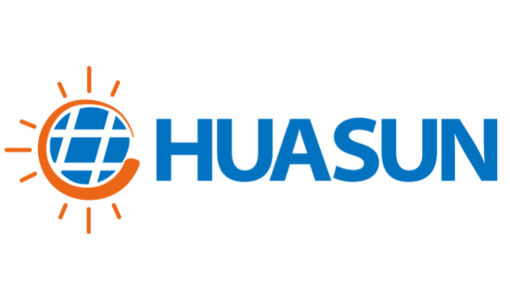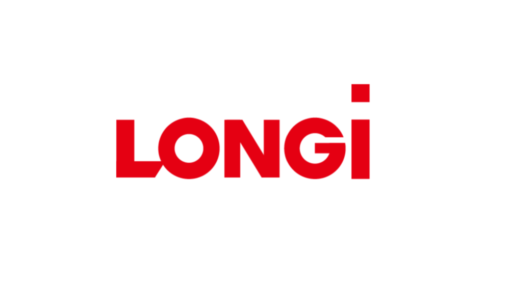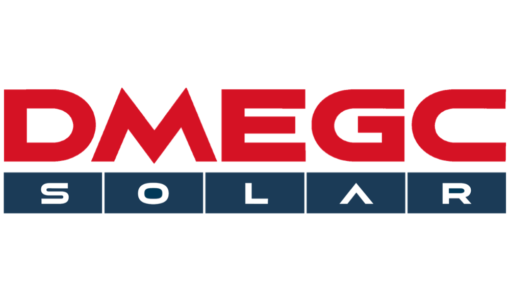- Turkey opened investigation against PV products originating from China acting on complaint by local manufacturers
- China suggests Turkey acts prudently to save the interests of both Chinese and Turkish solar industry
- Not clear how long investigation will take but high risk of retroactive payments for importers of Chinese modules
- Anti-dumping investigations follow recent expiry of tax exemptions for imported modules
Immediately after the Turkish Ministry of Economy opened an anti-dumping investigation against Chinese photovoltaic products, the world’s largest module producing country responded, showing how important the Turkish market is to China. Chinese news agency Xinhua reported on July 1, 2016 that the Chinese Ministry of Commerce has urged Turkey to be prudent in its investigation.
China called out to Turkey saying PV cells and modules help the world in the fight against climate change, helping nations bring down their CO2 emissions. Any anti-dumping measures on Chinese PV products will not only harm the Chinese traders, but will also not be in the interest of the Turkish counterparts. Xinhua stated, “The MOC said China has always been against abuse of trade remedy measures and hopes Turkey will cautiously deal with the case to maintain healthy trade cooperation.”
The demand for anti-dumping investigation against Chinese solar panel manufacturers was initiated by domestic solar panel manufacturers Solarturk Energy Industry, Trade Inc, Zahit Energy Industry and Trade Inc. and Sunlego Energy Systems. The reason is alledged unfair competition from China.
Based on this inquiry, the Ministry of Economy opened investigation against Chinese companies who have 37 days to respond to the questions posed by the investigating agency, starting July 1. While experts assume that the investigation could take a year, it is not clear how much time the Turkish officials will actually take. But it is clear that there is a danger of retroactive tariffs, which means that importers might fact AD tariff payments for every Chinese module they are bringing to Turkey as of July 1.
The new investigations, combined with the local content rules and the expiration of the VAT exemption are a blow both to developers profiting from low-cost import modules as well as Chinese PV module makers, which have put a lot of hope on Turkey, a market that is just about starting to thrive as support for solar in the UK as the only other PV attractive market was slashed.
Lobby association SolarPower Europe in its recently published Global Market Outlook considers Turkey one of the most promising solar markets in Europe – anticipating the country’s total capacity to grow from 215 MW end of last year to 8.7 GW by 2020. With new installations to grow to around 2.5 GW/year in 2020, SolarPower Europe considers Turkey one of the two largest PV markets on the Continent in the year 2020.
Turkey follows protectionist solar moves in other countries
It remains to be seen if such strong growth will be possible in a heavily protected Turkish solar market. However, most PV module producers from China have come under the scrutiny of trade bodies in several nations across the world in recent years. China and the US have been at loggerheads over the latter imposing heavy duties on Chinese crystalline silicon product makers following a complaint by German solar company SolarWorld. In return, China too slapped retaliatory tariffs against US polysilicon producers. In the European Union, Chinese crystalline cell and module companies are constrained by trade barriers – they either have to sell their products at a minimum price import tariff (MIP) of currently 56 euro cents per watt or have to pay high import taxes of around 50%. And while India, as one of the world’s most promising PV markets, is trying hard to protect its domestic cell and module producers from foreign competition, Turkey is now becoming very active on making it increasingly difficult for Chinese solar companies – only shortly after a special VAT exemption for imported solar modules expired in June, the ‘protectionist fence’ is now being enforced through its AD investigations.











